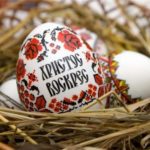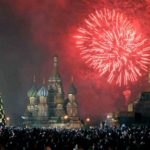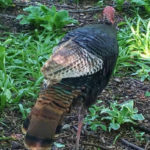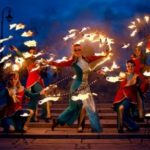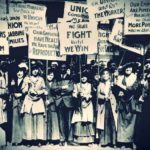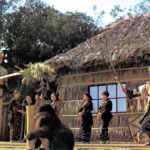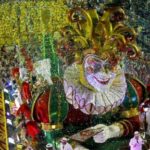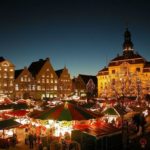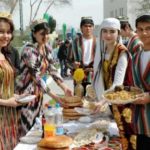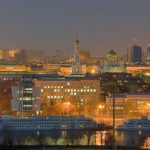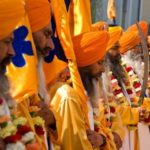When and how to celebrate Maslenitsa?
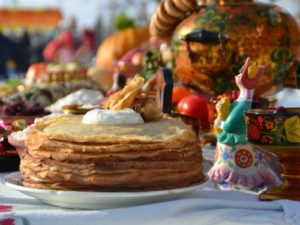 Maslenitsa is a holiday inherited from pagan times. It was celebrated during the week before the day of the Spring Equinox and during the week after. These two weeks were devoted to seeing off Winter and meeting Spring. This tradition with small changes has been preserved in our time.
Maslenitsa is a holiday inherited from pagan times. It was celebrated during the week before the day of the Spring Equinox and during the week after. These two weeks were devoted to seeing off Winter and meeting Spring. This tradition with small changes has been preserved in our time.
When and how to celebrate carnival: in Russia, in Ukraine, in Belarus, in Russia, in our days
After the introduction of Christianity in Russia, Pancake Day was preserved as a holiday, but they began to celebrate it during the week before Great Lent, which ended with the main holiday of Christians – Easter.
Butter or Cheese week has become, so to speak, a “transitional” week when it is allowed to eat fish and dairy products, preparing for Lent. But meat dishes are already impossible. These days it is accepted to bake and eat pancakes, and to treat them to all people. This is adhered to in our days both in Russia and in Ukraine, and in Belarus.
Every day of the celebration of Maslenitsa has its own name.
The first day, Monday, is the Meeting. On this day, meet Maslenitsa. They make a scarecrow out of straw, put clothes on it, put it on a pole and carry it around for fun and songs. Then a scarecrow is installed in a certain place where folk festivals will be held. Roll slides, build swings and carousels, set up stalls. Begin to bake pancakes. On this day in the morning, the husband’s parents send the daughter-in-law to her parents, matchmakers, and in the evening they go to visit them, where they spend the whole evening at the table, discuss the lives of the young and exchange news.
The second day, Tuesday – Game. On this day, future brides and grooms visit each other. They eat pancakes, ride down slides, sledges and triples. On the squares where the effigy is set, the fun begins. It is believed that if the young meet these days, the marriage will be successful. On this day it is customary to hold the bride of the future brides, who are going to get married soon. These actions precede the fact that at the end of Lent, you can meet the Red Hill and hold weddings.
The medium is called Lakomki. On this day, the houses are satisfied with a feast. On Wednesday, the mother-in-law invited their son-in-law and offered them pancakes and other dishes. It is a ridiculous custom to put butter on your head for the son-in-law, so that he would “add” to his wife. In places of festivities they sell pancakes, gingerbread, bread, nuts and other sweets. Arrange rides on horses, dances and fun. There is a saying that on this day you need to “Eat up to hiccups, drink up to dandruff, sing up to hiccup, dance till you fall.”
Thursday called Razgulay. Now begins the “wide Maslenitsa” and the gathering is gaining momentum. Ride on triples, arrange fisticuffs and captures of snowy fortresses. Ride with ice slides, who is on what much. Arrange fireworks, carnivals, ride on swings and carousels. Walk the people till you drop.
Friday, the so-called Teschin evening. Here, the son-in-law must become generous. Invite the mother-in-law to visit and arrange her a notable treat: pancakes, pies, dumplings, dumplings, manti and other food. All that is in the furnace, swords on the table.
Saturday is called Zolovkin gatherings. On this day, it is customary for the sister-in-law to invite the sister-in-law to her, that is, her husband’s sisters. Well, all his girlfriends, especially unmarried. Zolovka that day you need to give something, this is such an order. In gratitude for her brother and good location to her.
The last day of Carnival – Forgiveness resurrection. On this day, it is customary to ask each other for forgiveness, even if there is no particular fault. Usually they say: “Forgive me if I am guilty of something before you,” and answer: “God will forgive and I forgive.” These days visit the graves of relatives. On the square where the festivities took place, they bid farewell to Maslenitsa and Winter. They say thank you for the winter fun, but they scold her for frost and cold. Then a scarecrow is set on fire to songs and cheerful cries. In the evening, it is customary to remember the dead. This Sunday it is customary to wash in the bath.
Previously, even with poverty, in the fire, where the carnival burned, they burned the rest of the food that they did not eat in a week. These days it is not accepted. From Monday begins the GREAT POST.
When do you celebrate Maslenitsa? There is no strictly certain day in the calendar of the celebration of Shrovetide. The time of the celebration of carnival is determined by calculation.

